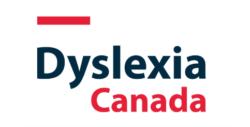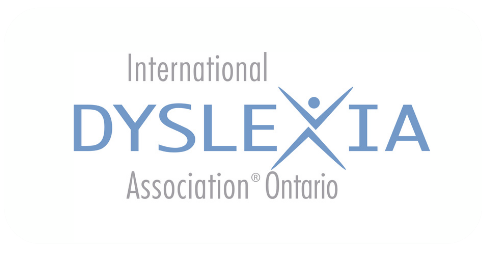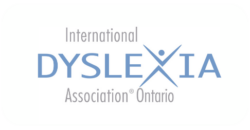This resource is for all educators who work with students with autism. While many books on this topic focus on social and behavioural needs, this book offers a comprehensive focus on curriculum and instruction for this population of students. Early chapters on characteristics of autism […]
How Learning Happens is broken down into 28 short chapters, each one focusing on an important element of educational research. The format of each chapter with consistent sections (Why you should read this article, Abstract of the article, The article, Conclusions/implications of the work for […]
Oral language is the cornerstone of literacy, and this reader-friendly book provides a tool – the “Strive-For-Five” framework – to help educators extend conversations with students to help support speaking, vocabulary, reasoning and other skills. Chapters include “Creating Classroom Routines for Strive-for-Five Conversations”, “Choosing Books […]
In this book, Heidi Mesmer shares research-backed strategies to support teachers as they move students beyond basic phonics and decoding short words. It’s easy to follow with lots of graphics, sidebars, resources accessible by QR code and appendices. Part I of the book breaks down […]
This book is an excellent, reader-friendly resource for kindergarten teachers and Early Childhood Educators. While infant and toddler development takes place before the Ontario curriculum kicks in, the authors are American. Their recommendations for preschoolers generally align with the age of our Year 1 kindergarten […]
Sentence combining is an evidence-based practice that helps students improve both their writing skills and reading comprehension. In this valuable book, the author outlines the importance of the sentence and what sentence combining actually is, as well as how to teach and assess it. Also […]
When it comes to choosing texts for the classroom, educators have a lot of questions. Should we be looking at levels, lexiles or other readability criteria? Do we limit kids to “just-right” books? How can we scaffold instruction to help struggling readers access age- and […]
This book is “a comprehensive guide to what effective coaching looks like across the pre-K to 12 grade span and how to conduct powerful coaching cycles with teachers and teams”. It is research-driven, full of citations to support the coaching model (using alliance strategies, observing, […]
In this book, the authors share background information on how writing develops, and a research base for three key elements: handwriting, spelling and composition. The following chapters provide practical classroom advice for teaching all three, including several chapters dedicated to genre-specific writing instruction: book reviews […]
This book, from the Literacy How Professional Learning Series, covers relevant research, knowledge that educators need, activities, assessment and information on selecting and using texts to support syntax instruction in the classroom. Classroom educators from K-3 and those who provide intervention for older learners would […]
In Reading For Life, author Lyn Stone holds nothing back when sharing research and best practices for literacy instruction, and outlining why some past beliefs and practices have to go for the sake of our students and their reading and writing development. Section 1 covers […]
In Brain Words, the authors share information about the reading brain, and how teachers can support its development. The book includes science-based, practical classroom activities for the teaching and assessment of reading and writing (including the helpful “Monster Test” which helps to determine a student’s […]




